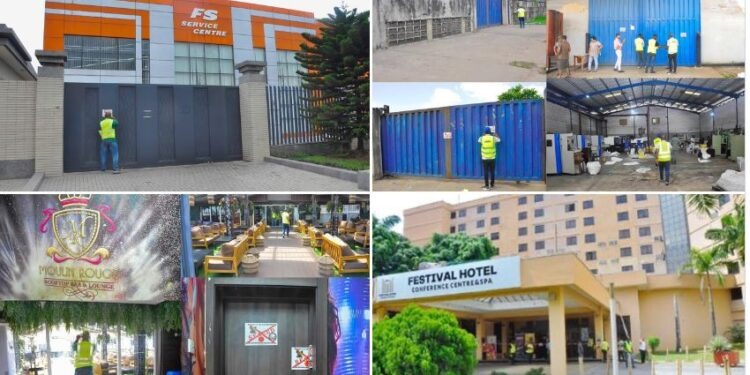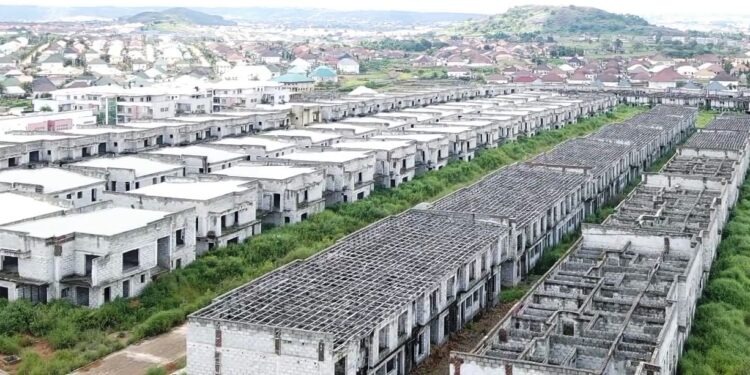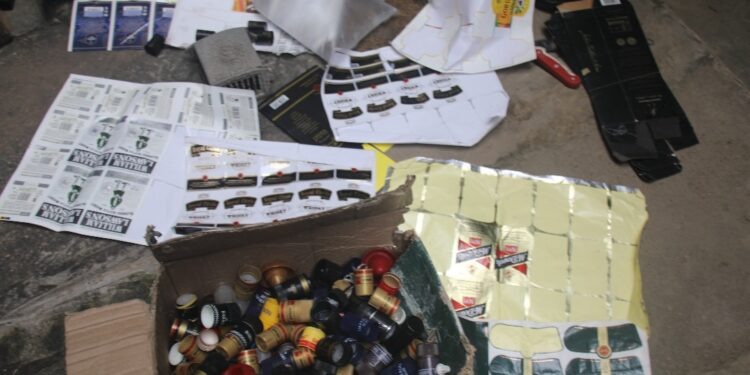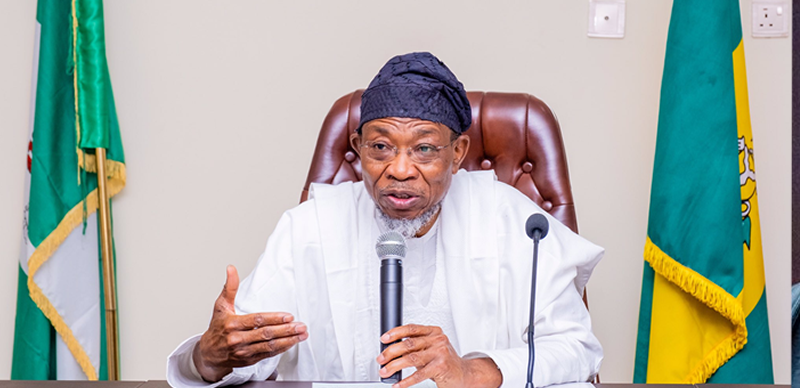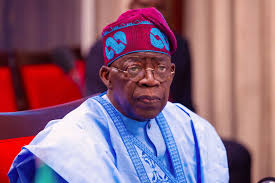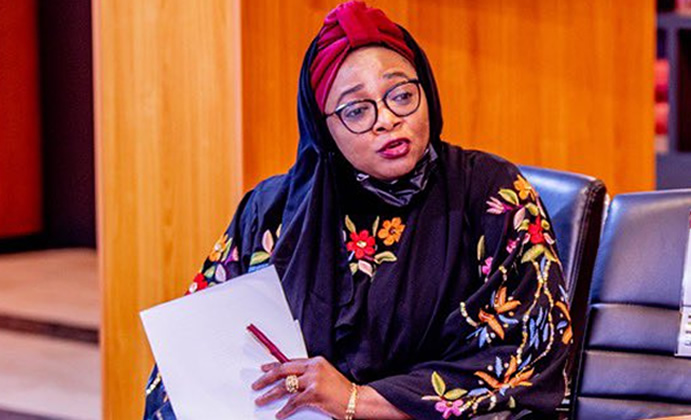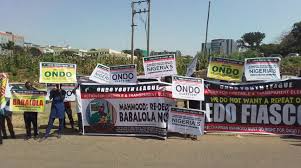BankBox, Nigeria’s first portable payment device, in 2024 recorded an incredible 1,734% surge in usage.
This trailblazing solution has revolutionized the payment landscape by providing businesses with a seamless, affordable, and innovative way to process transactions.
Designed to meet the dynamic needs of Small and Medium Enterprises (SMEs), Other Financial Institutions (OFIs), and service providers, BankBox combines portability, efficiency, and advanced technology to deliver an unparalleled payment experience.
Its contactless feature allows businesses to process payments effortlessly, ensuring quick, secure transactions with just a tap. This capability aligns with modern consumer expectations, offering a frictionless payment experience that reduces wait times and enhances customer satisfaction.
Simplified Contactless Payments with BankBox
BankBox makes processing contactless payments effortless. A simple card tap on the device is all it takes to complete a transaction. In line with Central Bank of Nigeria (CBN) regulations, transactions under NGN15,000 are supported without needing PIN entry, making everyday payments quick and hassle-free.
From shopping at local markets to dining at favorite restaurants, customers can now pay quickly—no delays or fuss. BankBox enables businesses to offer the seamless payment experience consumers demand.
The portable device not only supports contactless transactions but is also compatible with cards from leading commercial banks and fintech companies, including:
- Access Bank
- Guaranty Trust Bank (GTBank)
- UBA
- Zenith Bank
- First Bank
- Wema Bank
- Providus Bank
- Stanbic IBTC
- KUDA
- PalmPay
- Opay
- Raven
By supporting transactions below NGN15,000 without requiring PIN entry, BankBox caters to the high-frequency, low-value payments that dominate everyday spending in Nigeria.
The contactless functionality and compatibility across major banks and fintech platforms solidify BankBox’s position as a leader in driving Nigeria’s transition toward a cashless economy.
Revolutionizing Payments across Industries
BankBox’s portable design is a game-changer for businesses across sectors. It supports mobile operators like petty traders, logistics companies, and ride-hailing services, as well as established businesses such as supermarket chains. With BankBox, businesses of all sizes can deliver unparalleled convenience.
What Users Are Saying
BankBox has revolutionized payment experiences for millions of Nigerians, reflecting Raven’s unwavering commitment to financial accessibility and inclusion.
More than just a device, BankBox embodies Raven’s vision for intuitive, reliable, and forward-thinking financial solutions. This innovation transcends convenience, reshaping how Nigerians interact with money and approach everyday transactions.
Experience effortless, secure, and contactless payments today. The future is BankBox.

